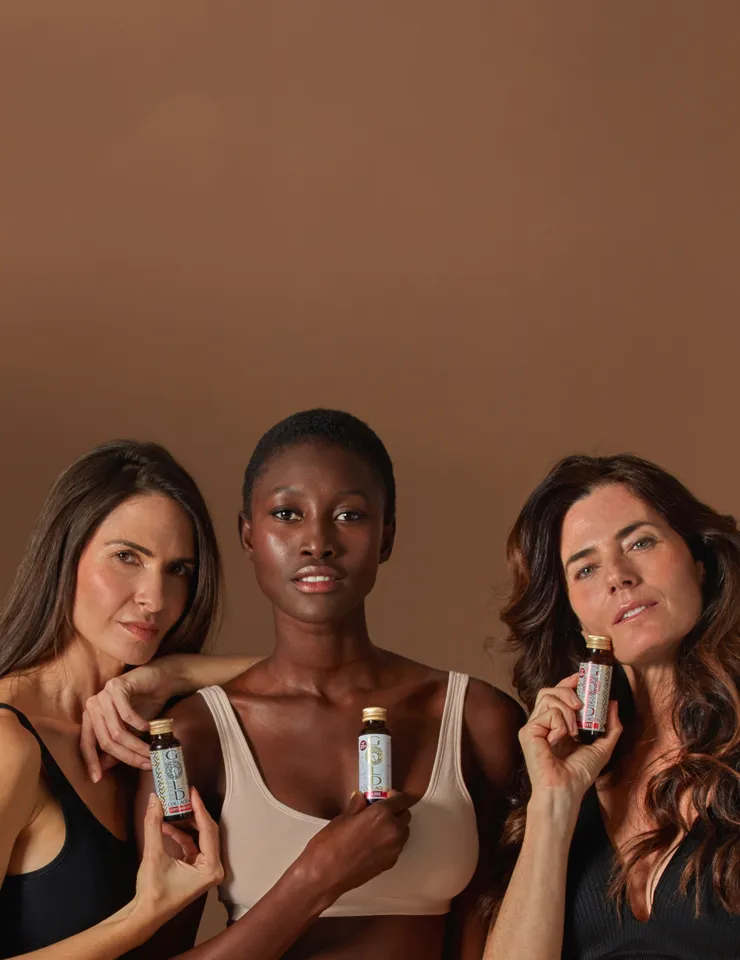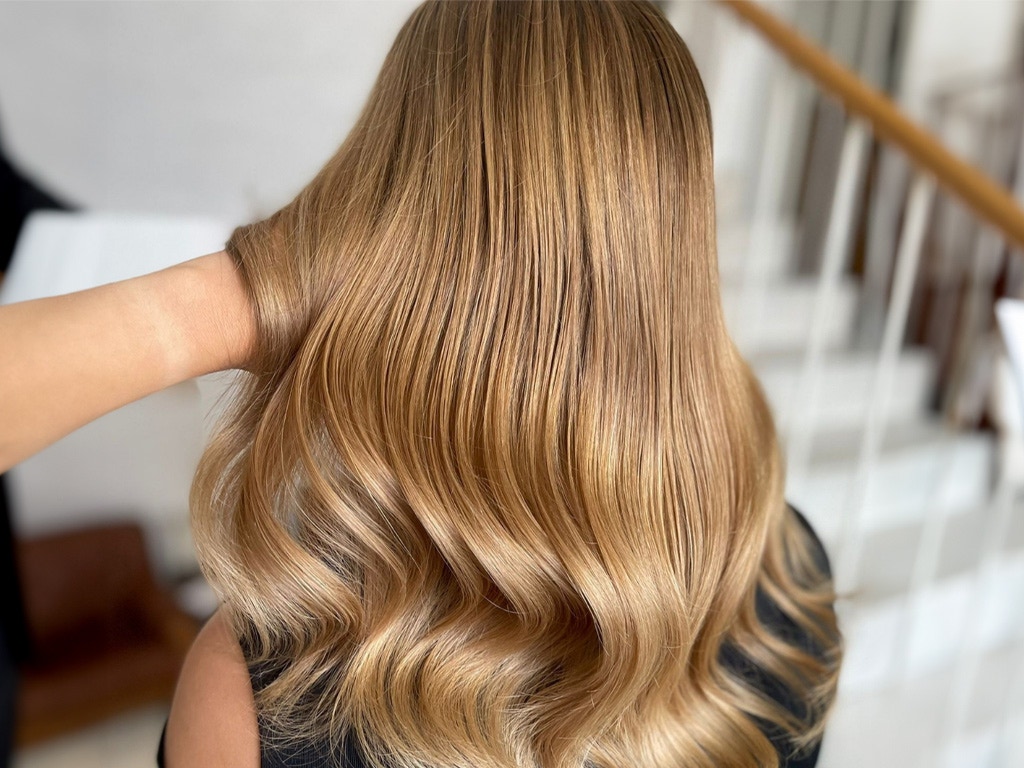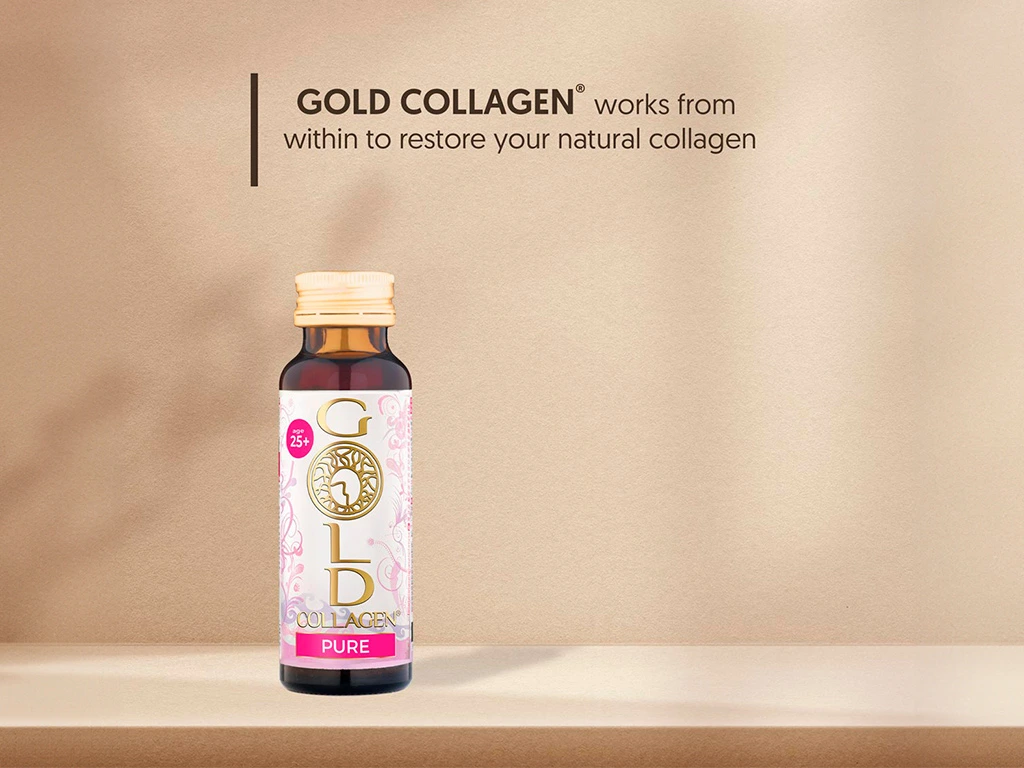Protect your hair from the sun this summer – with these tips
-
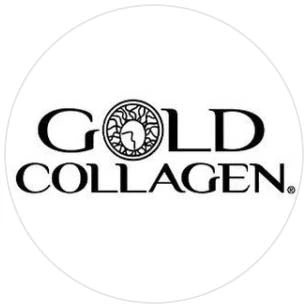 GOLD COLLAGEN
GOLD COLLAGEN - Nutrition And Beauty
- July 5, 2022
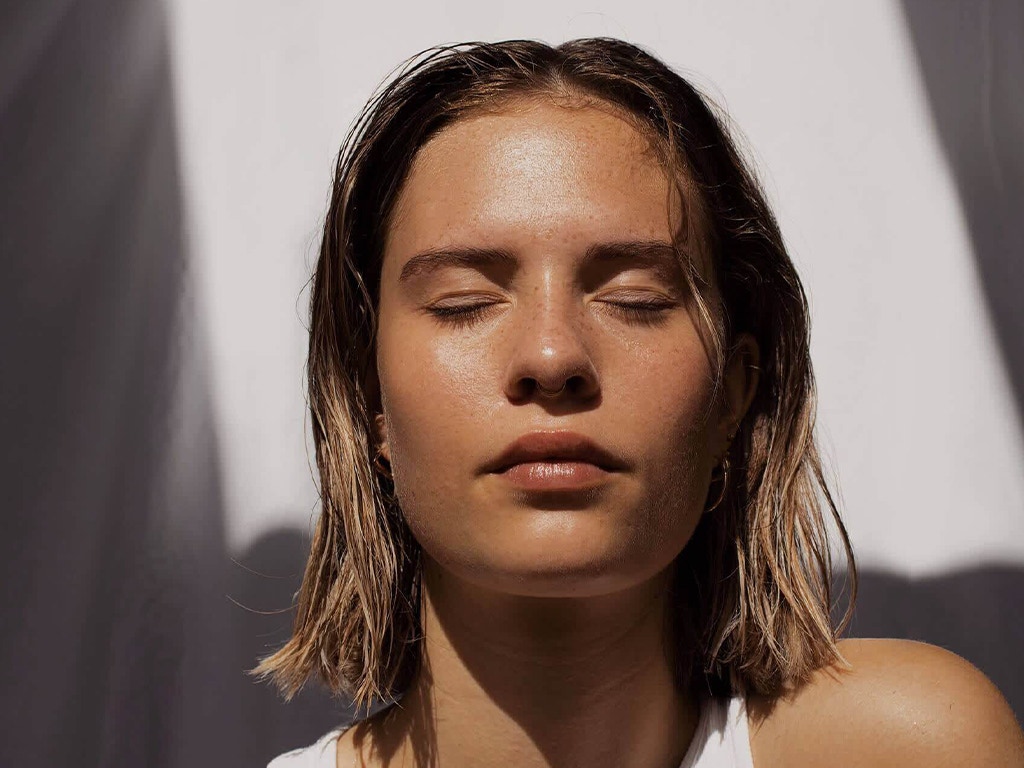
There are specific periods throughout the year when our hair may require extra support and care. For example, before or during summer, when increased sun exposure can cause photo-degradation to hair. Free radicals form in hair fibres due to UV rays and change the hair’s physical properties and chemical composition. Free radical damage results in bleaching due to melanin oxidation and induces keratin impairment, protein degradation, tryptophan degradation and lipidic peroxidation, making hair fragile, dry and dull.
Many women notice hair loss in late autumn. Scientific research suggests that women have a higher telogen rate (rest period) during summer, but hair may fall out about 100 days later, around October/November. Seasonal hair loss is common among all mammals, including humans, although it is not limited to autumn. Sun damage, in addition, may cause hair to break and fall more easily.
More generally, hair loss may also occur at various stages of our life, for example after pregnancy or during menopause. It is during these phases that we require an increased nutritional intake because our body is running out of its supplies and cells need to be ”woken up” to produce the elements essential for healthy and strong hair, such as collagen and keratin.
During summer and with increased sun exposure it is important to protect hair just as we would protect our skin, using an SPF spray and after-sun shampoo. Nowadays there are also dietary supplements that work from within and support different needs. In the case of hair health and protection from photo-damage, some nutrients are more important than others, and their bioavailability and effectiveness have been extensively studied and reported in scientific literature.
Collagen is an essential component of hair. Hydrolysed collagen is a rich source of the major amino acids that form the collagen structure in hair. Collagen peptides are easily absorbed through the intestinal barrier and able to reach the deepest layer of skin, scalp and hair, activating the cells present in these tissues.
Keratin is the key structural component of hair. It is responsible for hair elasticity, their strength and brilliance. Hydrolysed Keratin is well assimilated by the body and its ability to reduce hair loss, strengthen hair, and improve their brilliance is clinically proven.
Vitamin C and Vitamin B3 (or Niacin), in addition to promoting healthy circulation in the scalp and therefore a greater supply of nutrients (in support of faster hair growth), strengthen hair follicles by fighting hair loss and hair damage. Vitamin C not only helps with the iron absorption (lack of this mineral causes anaemia, that leads to major hair problems), but it is also important for collagen production, the fibrous protein that gives structural integrity and strength to hair.
Vitamin A helps with the production of sebum, the natural oil produced by our body that prevents the scalp to get dry. It helps with itching and dandruff and if the level of vitamin A is good enough, this also may help promote hair growth.
Zinc is an essential mineral to grow thick and healthy hair. It also protects against oxidative stress and supports protein synthesis. A shortage of this mineral can lead to hair loss and dandruff formation.
Copper is a component of melanin, so it plays an important role in the pigmentation of skin and hair. Copper deficiency can lead to grow white hair faster. Copper is also an antioxidant that protects from free radicals.
Biotin (or Vitamin B7) and Vitamin B6 are important for hair growth and contribute to its health. A shortage of vitamin B can lead to severe hair loss, slow growth and weak hair.
All these active ingredients help protect and strengthen hair and scalp, transporting nutrients to the hair roots, promoting a healthy look, strong hair and optimal growth.
Dr.Sara Sibilla (PhD)
Senior Clinical & Scientific Research Manager
